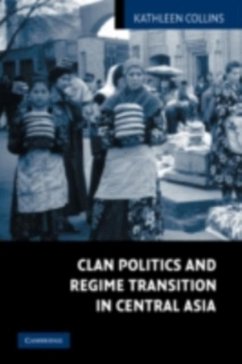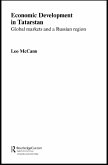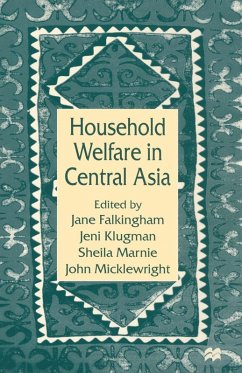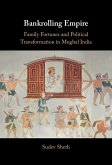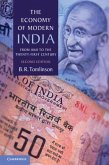This book is a study of the role of clan networks in Central Asia from the early twentieth century through 2004. Exploring the social, economic, and historical roots of clans, and their political role and political transformation in the Soviet and post-Soviet periods, it argues that clans are informal political actors that are critical to understanding politics in this region. The book demonstrates that the Soviet system was far less successful in transforming and controlling Central Asian society, and in its policy of eradicating clan identities, than has often been assumed. In order to understand Central Asian politics and their economies, scholars and policy makers must take into account the powerful role of these informal groups, how they adapt and change over time, and how they may constrain or undermine democratization in this strategic region.
Dieser Download kann aus rechtlichen Gründen nur mit Rechnungsadresse in A, B, BG, CY, CZ, D, DK, EW, E, FIN, F, GR, HR, H, IRL, I, LT, L, LR, M, NL, PL, P, R, S, SLO, SK ausgeliefert werden.

